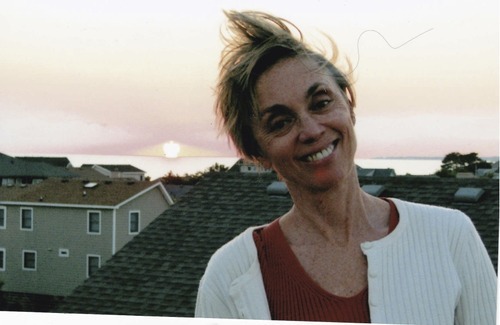
From Each Day A New Beginning, April 10:
“’Even though I can’t solve your problems, I will be there as your sounding board whenever you need me.’ ~Sandra K. Lamberson
Our emotional well-being is enhanced each time we share ourselves—our stories or our attentive ears. We need to be part of someone else’s pain and growth in order to make use of the pain that we have grown beyond. Pain has its purpose in our lives. And in the lives of our friends, too. It’s our connection to one another, the bridge that closes the gap.”
Never in my lifetime have words and phrases meant more to me than “connection,” “bridge,” and “closes the gap.” We are all living through an extraordinary time where the viral pandemic has halted life as we know it. Of necessity, many of our routines have stopped. From my small world of one to the world at large, nothing will ever be the same again. This is a time when our physical health and wellness are uncertain; it’s a time when the world is being engulfed by an invisible threat which to some extent is out of our control. We’re doing our best to slow the progression of the disease. Mitigation, social distancing. We are being tested.
I, for one, am enjoying yet another opportunity to look within and put things into a larger perspective. And things will be different after this. I can’t see into the future, and everyone’s world will change in different ways. But my world already involves more appreciation for the finer things in life: things like kindness, consideration and thoughtfulness, generosity of spirit and time, and human connectedness. Just remember how Zoom crashed recently while Americans across the country were anxiously trying to visually connect with one another. This intense appreciation for those things will inform my choices on how to live, what to do with my time. This is a good thing.
We are interconnected and interdependent. We may not be able to connect hands right now, but we can connect our hearts and minds as we all strive to figure things out, learn some important lessons, and determine to make our planet stronger for the next generation to enjoy and pass on. The world belongs to my grandchildren and their children. God keep me strong to leave them something beautiful and resilient, reflecting the best in us all.

